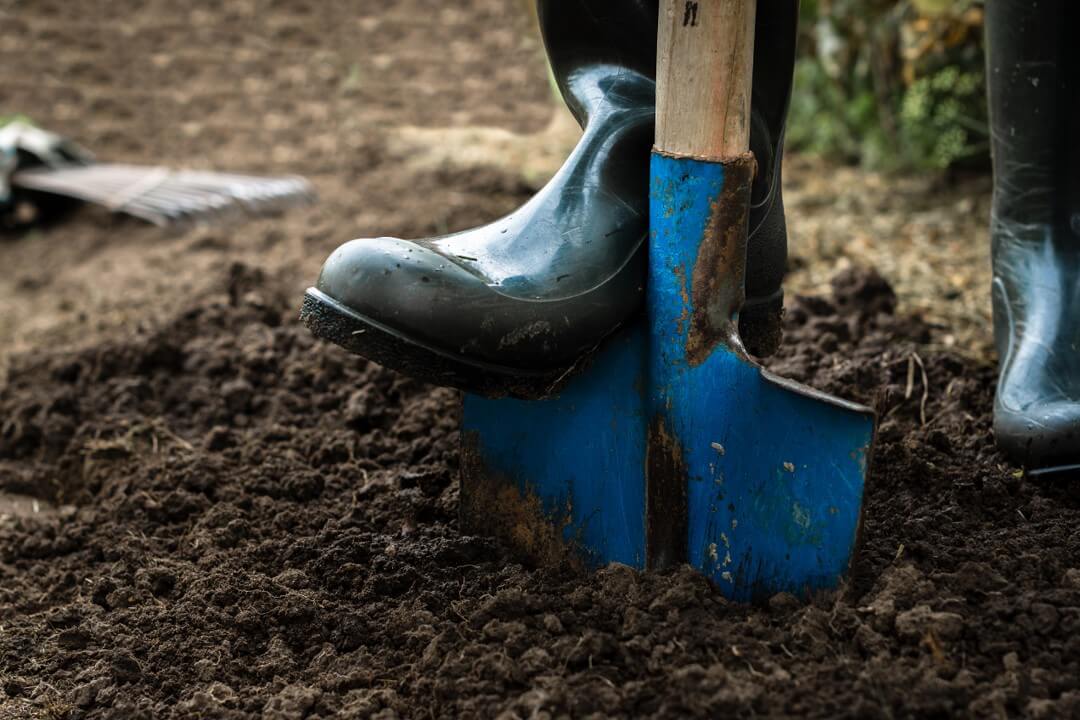
The Unsung Hero: Soil Health
Why Soil Matters
Soil, often overlooked, is the foundation of any healthy landscape. It provides essential nutrients, water, and oxygen for plant growth. Healthy soil is teeming with billions of microorganisms that help break down organic matter, cycle nutrients, and improve soil structure.
Key Factors for Healthy Soil
- Organic Matter: The addition of organic matter, such as compost or well-rotted manure, is crucial for improving soil structure, water retention, and nutrient content. Organic matter feeds the beneficial microorganisms in the soil, creating a thriving ecosystem.
- Soil pH: The pH level of your soil determines the availability of nutrients to plants. A pH of 6.5 to 7.0 is ideal for most plants. Soil testing can help you determine your soil’s pH level and recommend appropriate amendments.
- Nutrient Content: A balanced supply of essential nutrients, including nitrogen, phosphorus, and potassium, is vital for plant growth. Soil testing can help identify nutrient deficiencies and guide fertilization.
- Soil Aeration: Aeration involves puncturing the soil to improve air and water penetration. It’s particularly beneficial for compacted soils, which can restrict root growth and hinder water and nutrient uptake.
- Mulching: Mulching helps conserve moisture, suppress weeds, and regulate soil temperature. Organic mulches, such as wood chips or straw, also add organic matter to the soil over time.
Benefits of Healthy Soil:
Healthy soil is the foundation of a thriving garden. It provides the optimal environment for plants to flourish, leading to vigorous growth, vibrant blooms, and abundant harvests. Well-structured soil can hold more water, reducing the need for frequent watering and helping plants withstand dry periods. Healthy soil also supports a diverse community of beneficial microorganisms that can suppress harmful pests and diseases.
Additionally, it improves the availability of essential nutrients to plants, reducing the need for chemical fertilizers. Furthermore, healthy soil helps to reduce erosion, improve water quality, and sequester carbon, contributing to a healthier environment.
By prioritizing soil health, you can create a sustainable and productive landscape that benefits both your plants and the environment.
Improving Your Soil Health:
- Regular Soil Testing: Conduct regular soil tests to assess your soil’s pH level, nutrient content, and organic matter content.
- Add Organic Matter: Incorporate organic matter, such as compost, manure, or leaf mold, into your soil to improve its structure and fertility.
- Avoid Compaction: Minimize foot traffic on your garden beds and avoid heavy machinery on your lawn.
- Mulch: Apply a layer of mulch around your plants to help retain moisture, suppress weeds, and regulate soil temperature.
- Choose the Right Plants: Select plants that are well-suited to your soil type and climate.
- Practice Sustainable Gardening Techniques: Avoid the use of harmful chemicals and pesticides, and instead, rely on natural pest control methods and organic fertilizers.
By taking these steps, you can improve the health of your soil and create a thriving garden.


